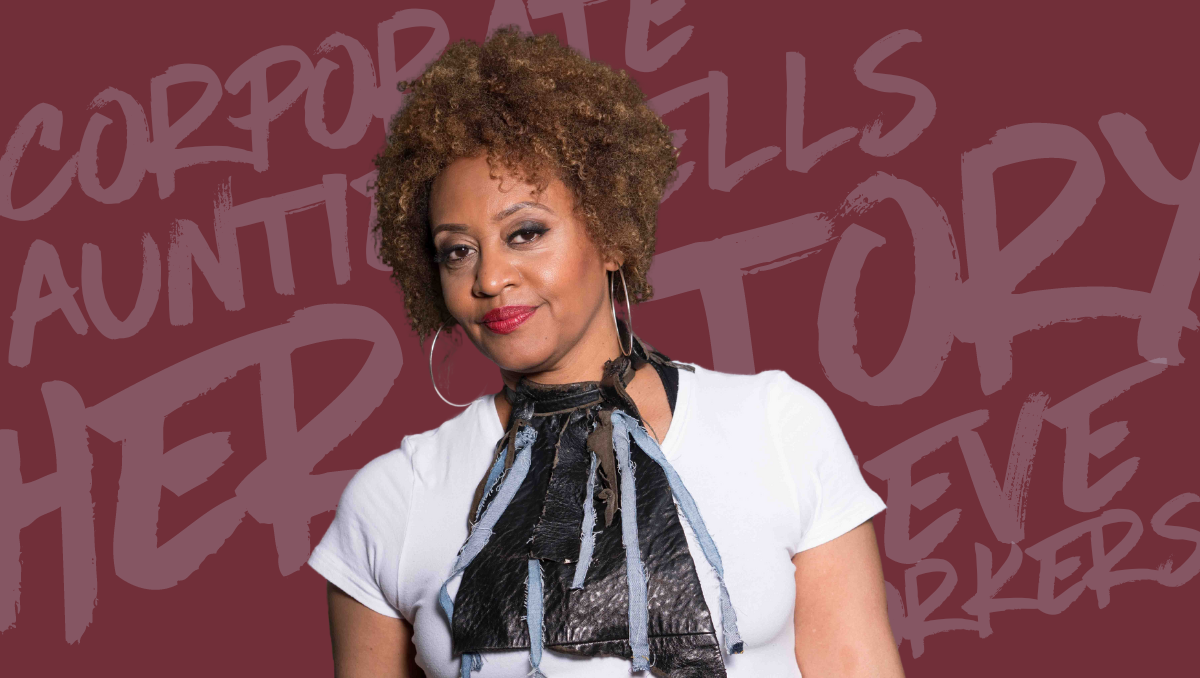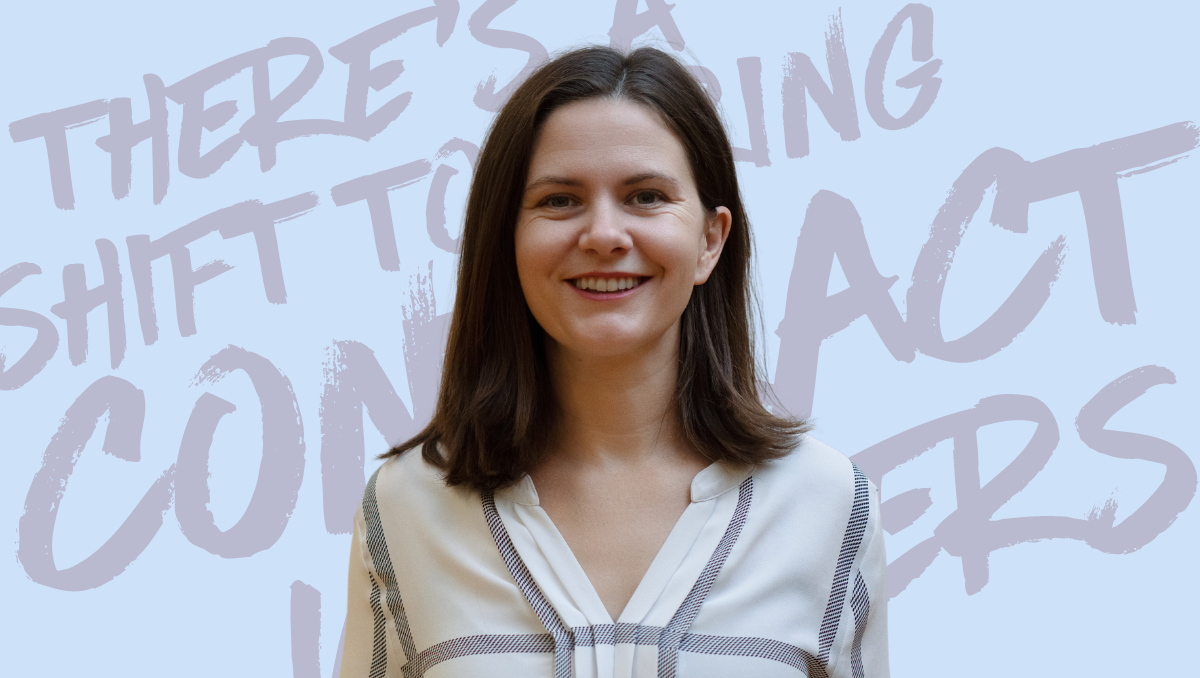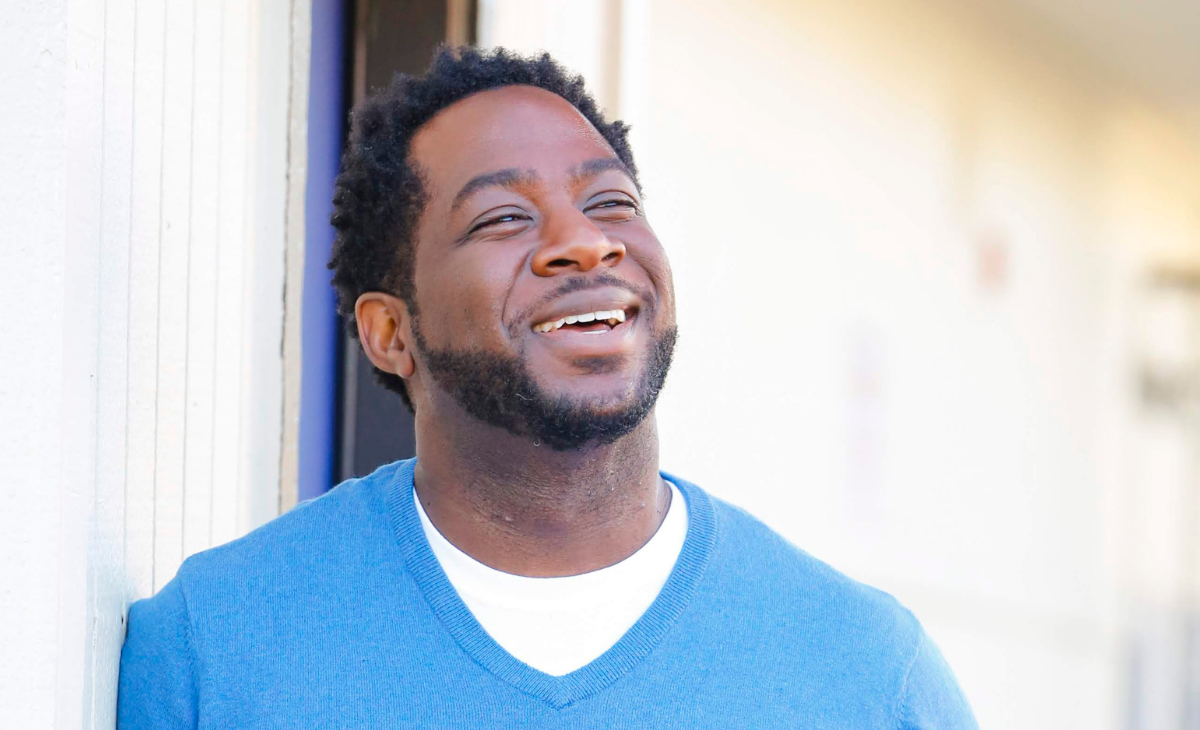Community spotlight: Eric Thorne

Tech workers from across the Bay Area have joined TechEquity’s network and are giving their time, skills, and financial support to make their communities more equitable. We’re proud of our growing community full of smart, passionate, engaged citizens and we want to show them off!
Meet Eric
I grew up in Louisville, KY and have been living in San Francisco since 2011. For most of that time I’ve worked at Angaza, a B2B company that enables distributors of life-changing products to sell their goods with a Pay-As-You-Go financing model. As an embedded engineer, I design reliable and low-cost Internet-of-Things technologies that are integrated into products such as solar home systems, clean cookstoves, and water pumps used by millions of people worldwide. When I’m not working, these days I can usually be found on a run or at home learning to play guitar. My favorite thing about San Francisco is its (hidden) staircases.
What’s your professional passion these days?
I love it when my coworkers share their lives and experiences with the rest of the company. For me, this is the greatest proof of the community that we have built together. When we trust each other, we’ll work better together, and it will be more fun! It doesn’t make sense to me that we spend so much of our time with our coworkers, working on important projects together, and yet feel like we don’t know each other. To this end, I’ve always enjoyed thinking about how to make space for myself and others to feel comfortable bringing more of ourselves to work.
What does it mean to you to be a responsible citizen while working in tech?
Any citizen is a part of a larger community; we say, “I am a citizen of …” I am a citizen of San Francisco. I am a citizen of the United States. I am a citizen of Earth. These declarations imply a responsibility to those communities, specifically to give after I have taken. Otherwise, these communities will suffer and, if not treated, will fall apart.
Working in tech in the Bay Area, I need to pay special attention to the ways that I give and take. There are many problems plain to see, and while solutions are difficult to craft, they are not impossible. My responsibilities are to listen to the voices in my communities, especially the critical ones, and to learn from them. I need to carefully consider laws and the elected leaders that enact them. I need to believe in the impact of the technology that I am creating. And most importantly, I need to act accordingly.
How has TechEquity impacted civic participation?
I was drawn to TechEquity because it draws together a significant coalition of peoples to work on important civic issues affecting the Bay Area community. TechEquity has a diverse and motivated membership and impressive leadership. That’s what I think gives the group a lot of power and potential in affecting positive change.
In pursuing its agenda, the group has been thorough. They bring in a variety of research to justify their platforms and offer a variety of ways for members to get directly involved, from collecting signatures to phone banking to organizing their own community events. Earlier this year TechEquity taught me about the importance of Prop 15, and I’m paying it forward by reaching out to voters as a part of TechEquity’s phone banking effort!
Why is it important for the tech community to become more civically engaged?
It’s important for the tech community to become more civically engaged because engagement is the only way for real communities to resolve problems and to move forward together. The tech community is just one group of many that is lucky to call the Bay Area home. And like any good citizen of a larger community, it needs to own and take responsibility for solving the problems that affect the people in this region, especially those problems that it creates.
It’s not wrong for problems to be created, but it’s wrong to ignore them. If we ignore the problems that face our community, then we’ll lose the Bay Area that we all love.





